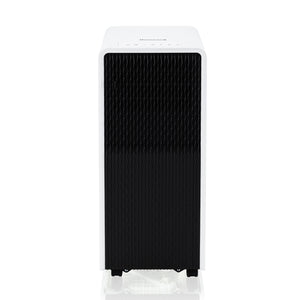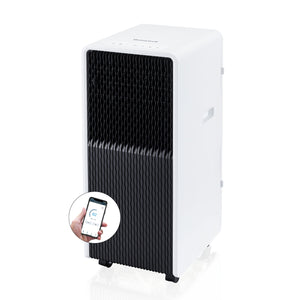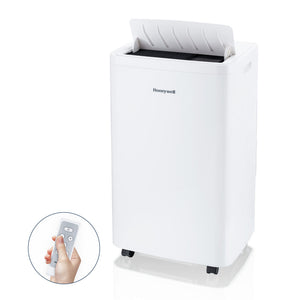
What is Proposition 65, and Should You Be Concerned About It?
Have you seen the following text on home appliances you’ve bought?
“WARNING: This product contains chemicals known to the State of California to cause cancer, birth defects or other reproductive harm.”
Before you panic and return your product, it is important to understand what this label means.
What does the Proposition 65 warning mean?
Placed upon appliances to disclose the presence of any of nearly 800 chemicals used in manufacturing, this label is mandated by a law passed in California (California Safe Drinking Water and Toxic Enforcement Act of 1986), more generally referred to as Proposition 65.
Simply put, the warning means that the manufacturer believes the product might contain any of the 800-plus chemicals that the State of California considers harmful. It does not mean that the labeled products themselves are necessarily harmful or are in violation of any safety standard. Many of the chemicals that are included under the warning have been routinely used in many everyday items -- such as drugs, dyes, food, additives, solvents, and pesticides -- for years, all without documented harm.
Should I be worried about buying and using products labeled with Proposition 65?
The California law mandates that the warning must be given if any of the listed chemicals is present at all unless manufacturers can demonstrate that exposure to it poses "no significant risk." The threshold of exposure for reproductive toxicants is such that, even if multiplied by 1,000, they will not produce birth defects or other harm. For carcinogens, the threshold is calculated as the level that will result in not more than one excess case of cancer in 100,000 exposed individuals throughout a 70-year lifetime. In other words, your chances of getting cancer increase by no more than one case in 100,000 individuals if you are exposed to the chemical at that level every day for 70 years.
A Proposition 65 warning can mean either 1) that the amount of exposure to the listed chemical is above the risk threshold, or 2) the manufacturer would rather exercise caution and label any product containing a listed chemical.
While concerning, the label usually means that the manufacturer is exercising an abundance of caution to inform its customers of the presence of any listed chemicals. Of course, you should still do your research and assure yourself of the brand’s commitment to your safety.
I’m not a resident of California, so why am I still seeing the warning label on the product I purchased?
Though the law only applies to California, it can prove very costly, if not impossible, for manufacturers to ascertain where a unit may be shipped. Since most brands ship nationally and the penalties for non-compliance to Proposition 65 are steep, they label all products that qualify for the warning (there is no penalty for providing an unnecessary warning).
For more information visit: https://oehha.ca.gov/proposition-65/general-info/current-proposition-65-no-significant-risk-levels-nsrls-maximum and https://www.p65warnings.ca.gov/.






